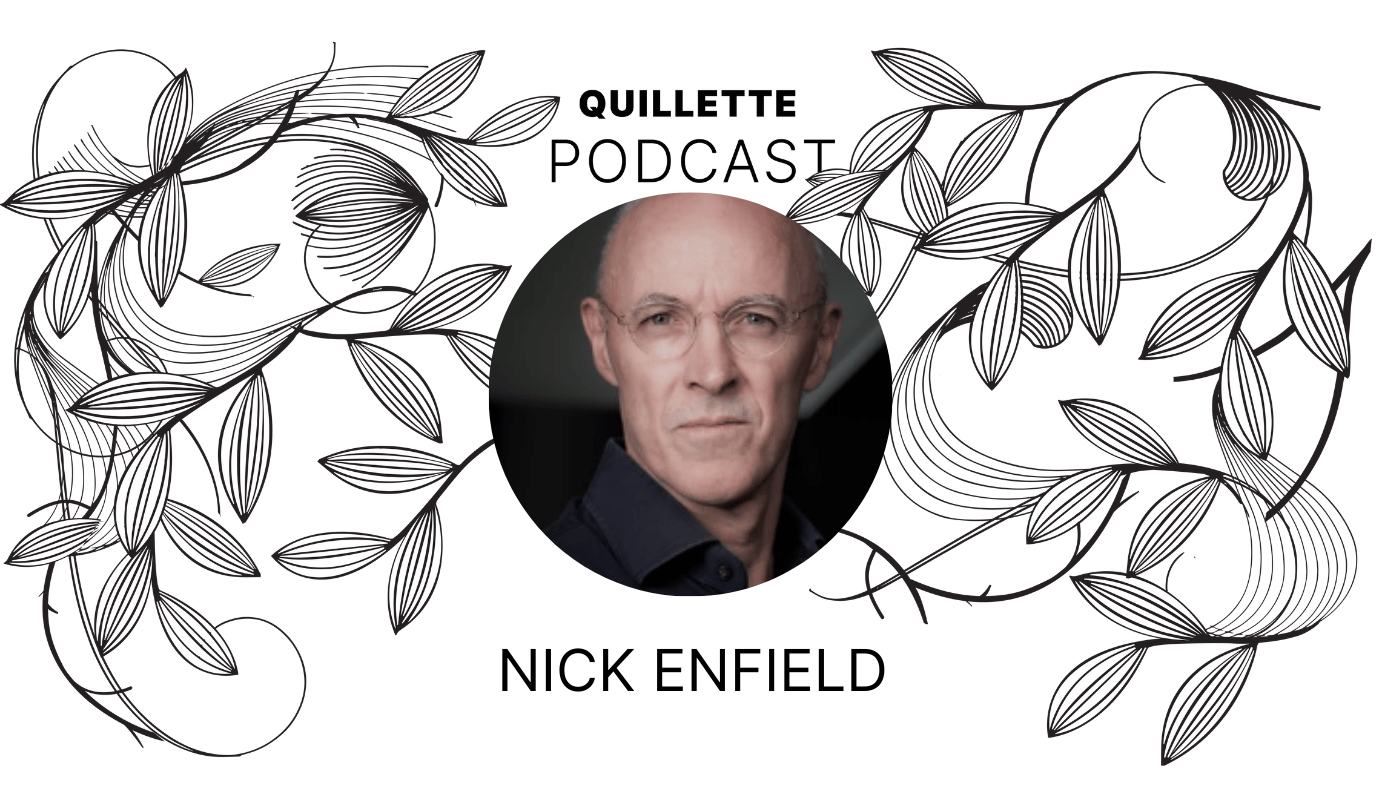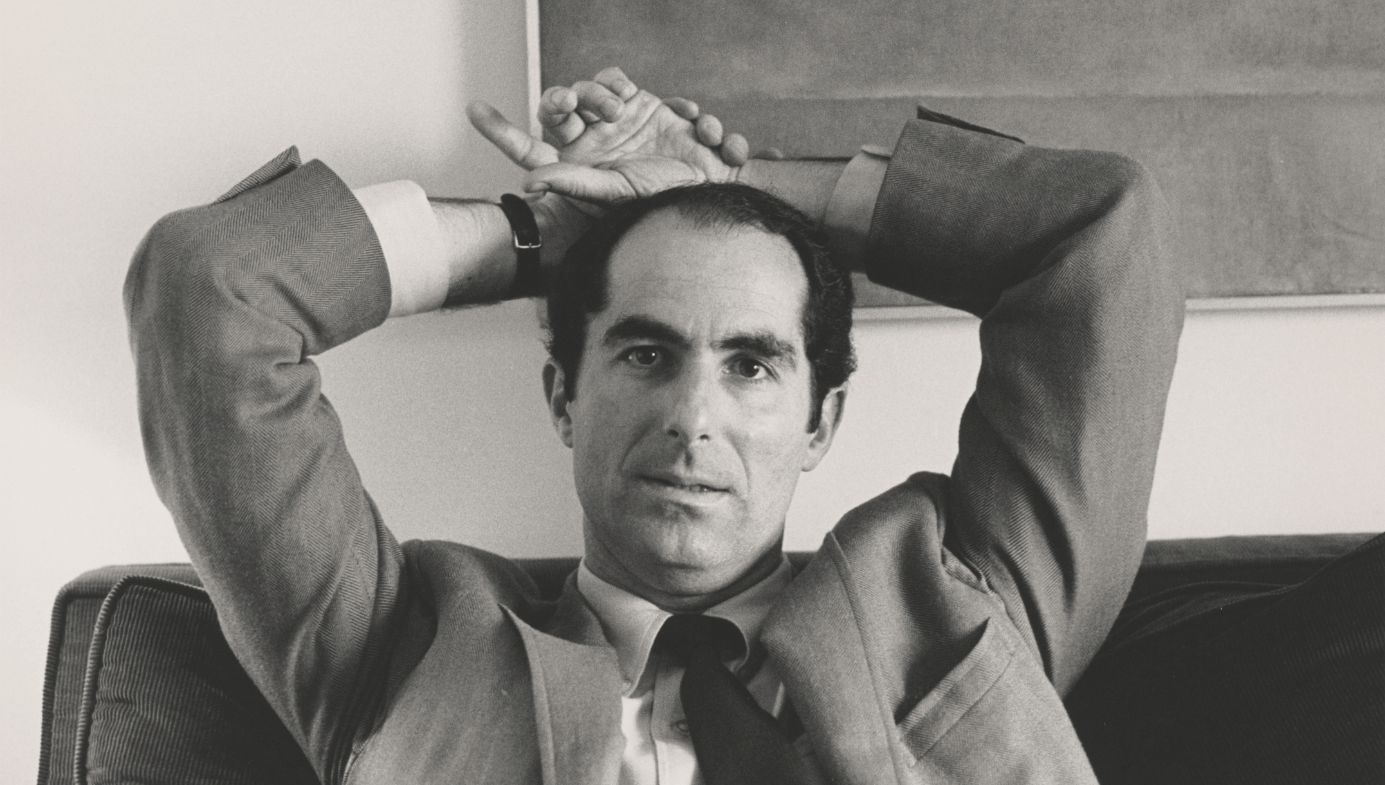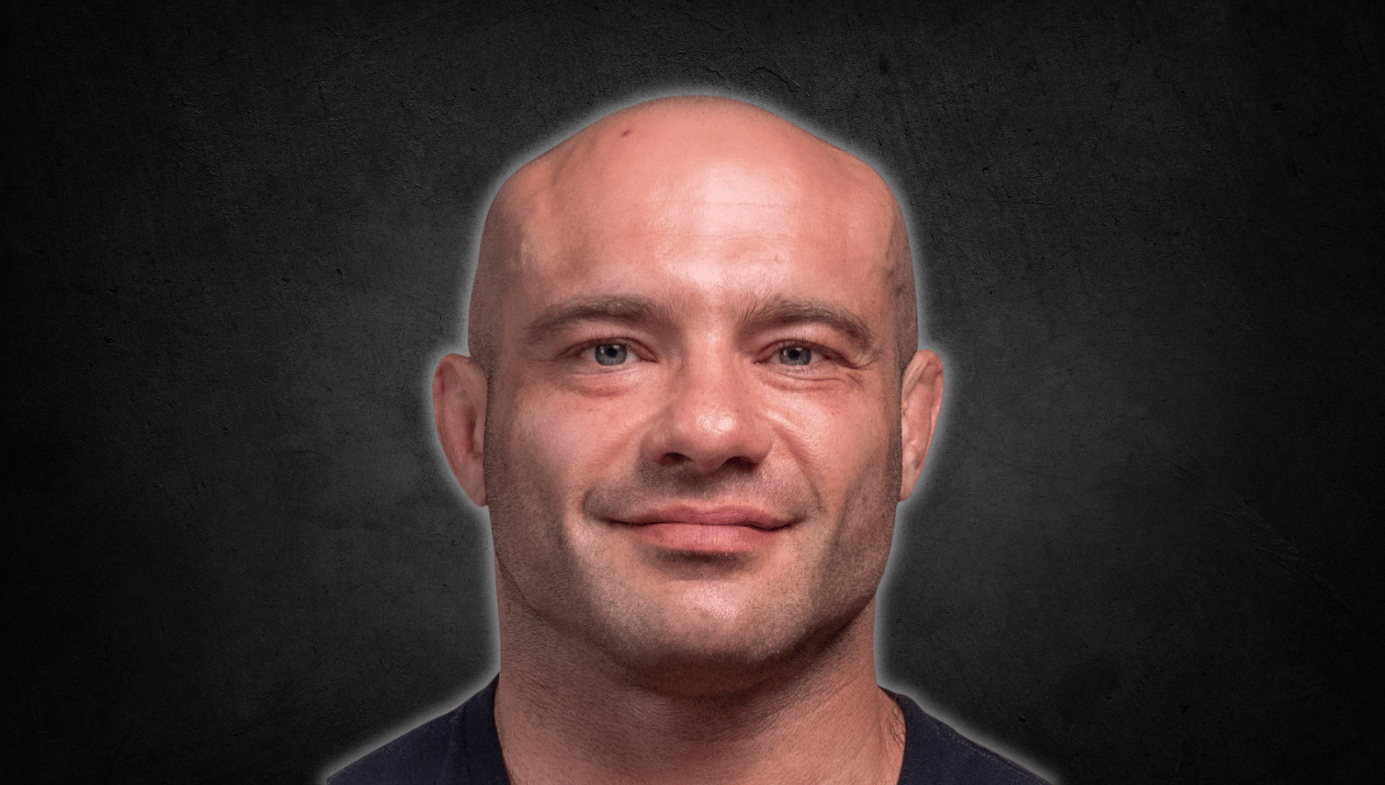Harris, Lilla, and the Politics of Identity
For only then can reason ensure that the moral and social bonds of universal human brotherhood are sustained.

What exactly is the problem with identity politics? Is it an unequivocal negative in our political and intellectual discourse? Or is it a mode of engagement that serves a positive purpose when kept within its proper bounds?
These questions cropped up during a podcast exchange last September between neuroscientist Sam Harris and Professor Mark Lilla, author of The Once and Future Liberal. Both men are concerned by the intellectual and political decline of American liberalism, and were in general agreement about its many and various recent failings. Liberalism has ceased to be relevant to many of the voters who once empowered its philosophical platform; it has ceased to offer a coherent intellectual message capable of galvanizing the American mainstream; and its decline has opened the door to uniquely regressive forces on the Right. Harris and Lilla further agreed that much of the responsibility for liberalism’s decline lay with the steady advance of identity politics.
However, in the midst of all this congenial nodding, a nuanced disagreement arose about a potentially significant question: Are identity politics intrinsically negative or are they only a problem in excess? Harris has been clear and consistent in his view that identity politics are an important source of moral confusion on the Left. Liberal feminists, for instance, assail the retrogressive doctrines and prejudices of conservative American Christians without apology, but then denounce critics of radical Islamic countries and cultures mandating the stoning and more general subjugation of women. By the same token, two white men like Harris and Lilla are unable to speak critically of the Black Lives Matter movement without aspersions being cast on their motives by progressive critics who lack “any apparent awareness of a burden to rebut the substantive points we actually made about the movement.”
“Identity politics,” Harris asserts in the podcast, “is a failure of rationality.” The argument he makes in support of this claim is clear, straightforward, and familiar. Individuals are not free to reason independently if they are tied to the prejudices of the groups to which they belong. A person can only be reasonable if reason is allowed to transcend the confines of parochial social consensus and embrace the legitimacy of views that may fall outside it. However, Lilla countered with an observation that one does not hear as often. He argued that identification with a broader group is necessary to animate the productive actions of that group. “It’s true,” Lilla remarked, “that Americans right now are overly identity conscious . . . it’s important to identify with something in order to motivate action and to build solidarity.”
Lilla is a strong critic of identity politics, but his central criticism is that, in its contemporary manifestation, identity politics have fractured a broader and necessary identification with the identity of the nation that can bind disparate interests together. Lilla invokes the example of Teddy Roosevelt and the subsequent liberalism of the Sixties, during which interest groups framed advocacy as universalist struggles consistent with the interests and ideals of their nation. “A time,” as Harris recalls from Lilla’s book, “when liberals could salute the flag without embarrassment.” For Lilla, the real value of group identity is, ironically, exactly what is being lost to today’s identity politics. His belief that group identification can invigorate a civic and social sense of purpose echoes the theory of ‘group selection’ advocated by Jonathan Haidt. Haidt maintains that natural selection often selects for whole groups of organisms and that the human tendency to adopt and organise communities around religious and political ideals and identities is a reflection of evolutionarily advantageous group adaptations.
Harris, however, does not seem to think that such collectivizing is inevitable, much less desirable. Lilla poetically reminds him that “what gives our lives some thickness is a little bit of partisanship.” While agreeing that it can be energizing, Harris maintains that the logic of identity politics will always tend towards tyranny and irrationality, and that we must therefore learn to reason beyond these instincts:
If I have to pick a side, I’m on the side of someone who’s making sense, right? And the moment a person of my religion or my skin color or my political party stops making sense I’m on the side of the person of whatever skin color or whatever religion or whatever political party who points that out, because error is the problem. Dishonesty is the problem. Confirmation bias is the problem. Delusion is the problem. I just see pegging anything of real substance to identity is a kind of anchor to delusion.
So what is the proper role of identity politics? Do they have one? And is it possible to reconcile the positions held by Lilla and Harris?
The utility of allegiance to a group – be it a nation, an ethnic group, a tribe, or a family unit – is much as Lilla describes it. Our basic pre-commitment to those who share our culture or circumstances allows us to function together in wider political, social, and even physical environments in which common concerns and obstacles require common responses, facilitated by common bonds. But when the perceived interests of a group of people come into conflict with reason and morality, they contradict the interests of society and humanity more broadly, at which point identity politics can no longer serve the best interests of the group or its members. As Harris argues, it is reason that can save us from the consequences of our own prejudices and those of our tribes.
Harris sees a commitment to reason as part of a larger commitment to universal moral truths, which in turn implies a commitment to the well-being of humanity. But Lilla argues that this commitment is likely to manifest in concentric circles of group identification. Can we not reasonably say that we should be attached to our family, but prepared to sacrifice some of our family’s immediate interests to the interests of our ethnic group, nation, and even humanity when reason and moral imperative demand it?
If we take Harris and Lilla together, this is the picture that emerges. It should be noted that, while the tone of Harris’s arguments conveys an intellectual attachment to reason and Lilla’s an emotional attachment to groups of people, neither is arguing for one at the exclusion of the other. “There is no direct route from the rational mind to human action that does not pass through something emotional,” Lilla states in support of the social bonds that necessarily tie members of a group together.
So the question then becomes: Can we have an emotional attachment to every level of humanity that varies according to its proximity to ourselves? And can we achieve this using an attachment to ethical reasoning that transcends our commitment to the immediate interests of the group closest to us in favor of the ongoing interest of other groups which make up our common humanity? Let us hope that we can. For only then can reason ensure that the moral and social bonds of universal human brotherhood are sustained.











